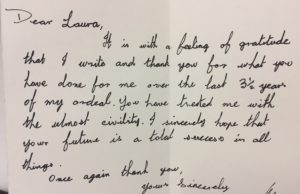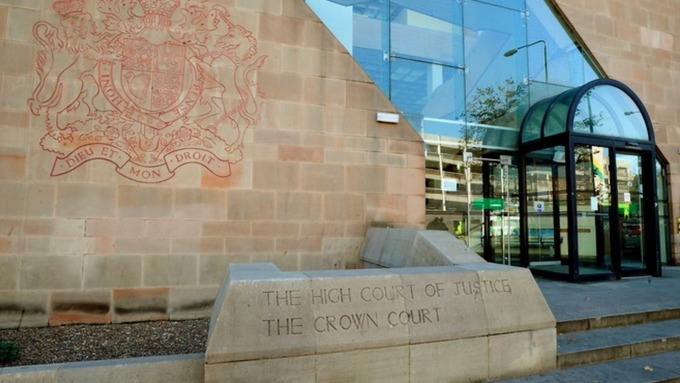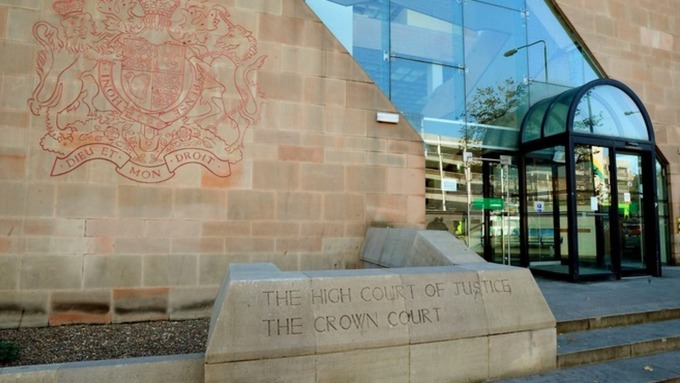Senior Crown Court litigator Laura Clarson was instructed by a client facing historic allegations of serious sexual offences. Counsel Vanessa Marshall of 7 Bedford Row chambers was instructed.
Historic Allegations
Laura’s client had first arrested in 2013, aged 69, for alleged sexual offences spanning a period of approximately 18 years from 1995 in relation to a single complainant. The police and prosecution had initially decided that there was insufficient evidence to proceed as they had also gathered evidence in support of Laura’s clients denials.
A second complainant then made sexual allegations, albeit of quite a different nature, which led Laura’s client being charged with later offences. A decision was then made that, absent any additional evidence, her client would be charged with the original allegations as well.
As a result of police enquiries, further historical allegations were made by another three complainants. These allegations dated back as far as 1972.
Prosecution Failure to Disclose

All matters for the five complainants were tied into a single indictment and listed for trial before Derby Crown Court. It became clear during the trial that the Crown had failed to disclose a substantial amount of material relevant to the case that had the potential to assist in our client’s defence.
It was impossible to consider properly this unused material so there was no alternative but for the trial to be adjourned to start afresh nine months later.
In the meantime, the prosecution chose to offer no evidence in relation to all of the allegations apart from those arising from the original investigation which had not been prosecuted.
Detailed Cross Examination on ‘Unused Material’
In readiness, counsel Vanessa Marshall examined the additional material comprising years of medical, social services, school and counselling records. This meant that lengthy cross examination of the complainant was needed. This in turn led to a review of the case by the prosecution after this evidence had been challenged.
Not Guilty Verdicts on all Charges

The prosecution then chose to offer no further evidence against Laura’s client, who was by now aged 73, and invite not guilty verdicts. The entire process had taken three years, during which time he had suffered ill health throughout.
Laura’s client took the time to write a letter thanking her for all that she had done and the manner in which he had been treated.
Contact Laura Clarson
Defending historic allegations is always difficult, but this case demonstrates that in instructing Laura Clarson you will know that your case is being given the time and attention that it needs.
Please telephone Laura on 0115 9599550.












